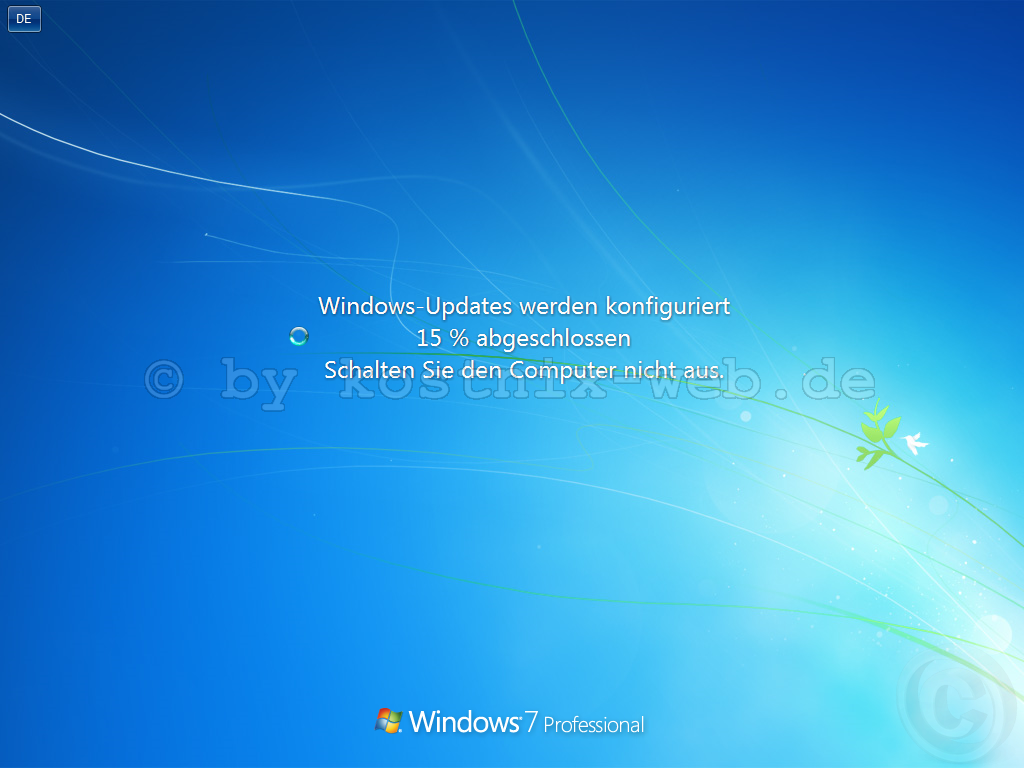
At the command prompt window, type the following command & press Enter Open an elevated command prompt: To do that:Ģ. When the installation is completed, restart your computer and try to install Windows Updates.ġ. Double click to install the downloaded file (e.g. Download and save to your desktop the System Update Readiness tool according to your Windows version.Ģ. Step 4: Run the System Update Readiness Tool to fix Windows Component Store Corruption.ġ. When the repair is completed, restart you PC and check for updates again. Click Next and let Windows to try to fix the update problems.ģ. Navigate to Control Panel > All Control Panel Items > Troubleshooting > Fix Problems with Windows Update.Ģ. Run the Windows Update Troubleshooter utility,ġ. When SFC tool finishes, reboot your computer and check if Windows Update Service is working. Wait and do not use your computer until SFC tool checks and fixes the corrupted system files or services.Ĥ. In the command window, type the following command and press Enter.ģ.

Right-click at the screen's bottom-left corner and from the pop-up menu, choose “ Command Prompt (Admin)”.Right -click to “ Command prompt” item and choose “ Run as administrator”.Open an elevated command prompt window by going to: Run the System File Checker (SFC) tool to fix Windows corrupted files and services. So, before you continue to troubleshoot the error Code 800F080D update problem, use this Malware Scan and Removal Guide to check and remove viruses or/and malicious programs that may be running on your computer. Some viruses or malicious programs can corrupt or modify your system files and settings. How to fix Windows Update Error 800F080D in Windows 8, 7 & Vista. This tutorial contains detailed instructions on how to fix error 800F080D during Windows Update. The "800F080D" error may be displayed when you try to search for new updates or when you try to install a Service Pack update in Windows 7 or Vista.Įrror code description: " Windows could not search for new updates

Windows Update Error Code 800F080D occurs when system files become corrupted probably due to hard disk problems or after a virus attack.


 0 kommentar(er)
0 kommentar(er)
